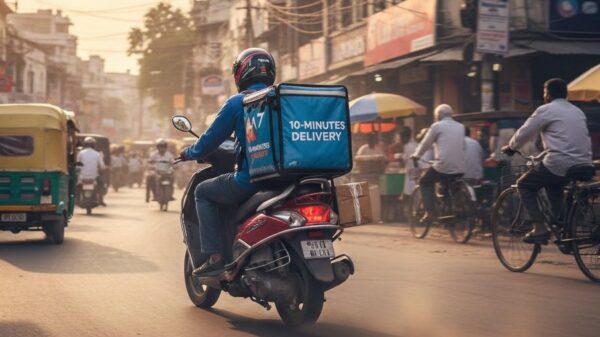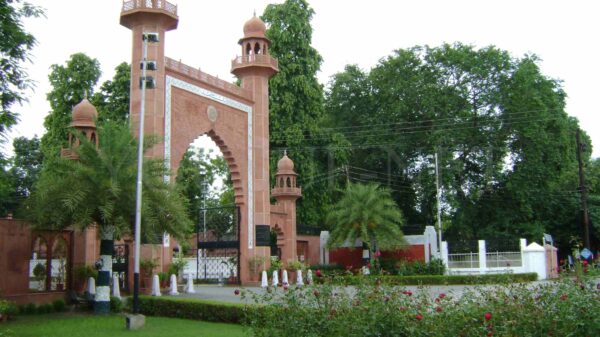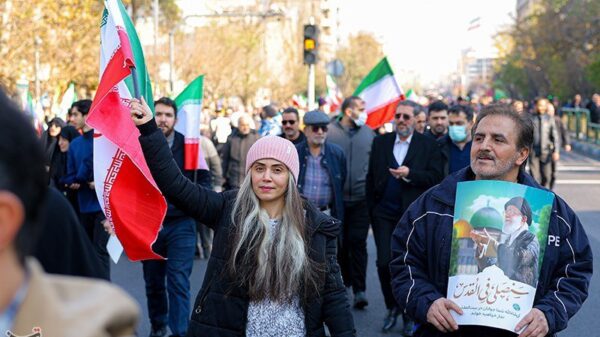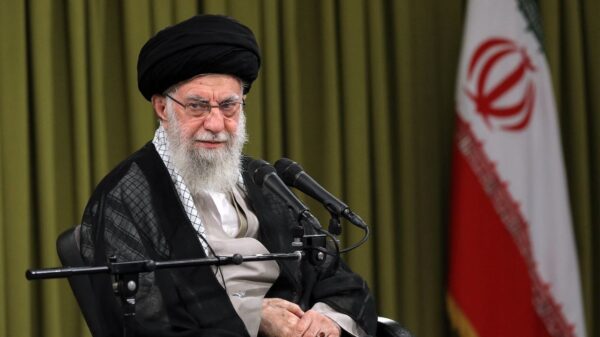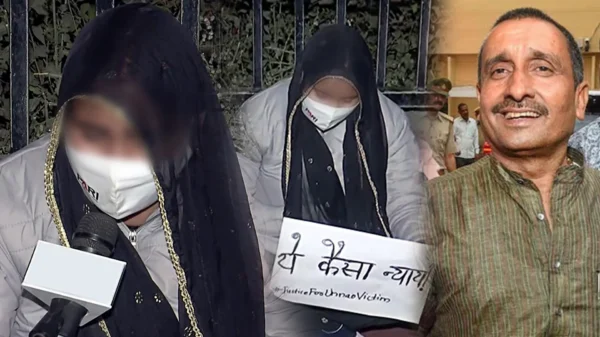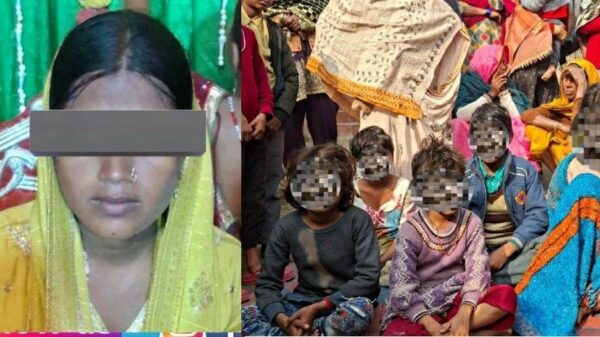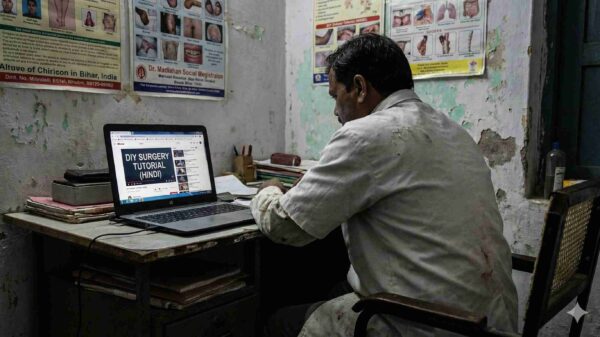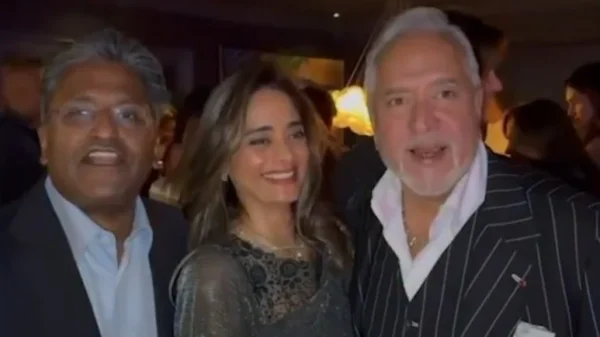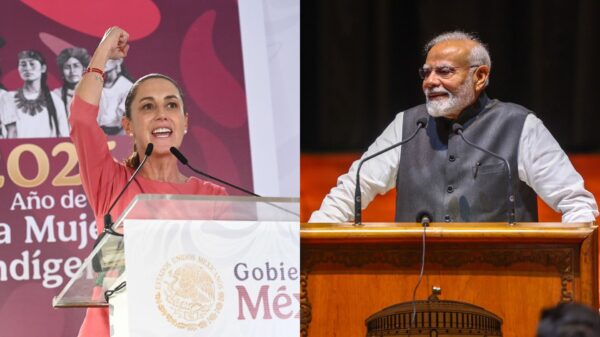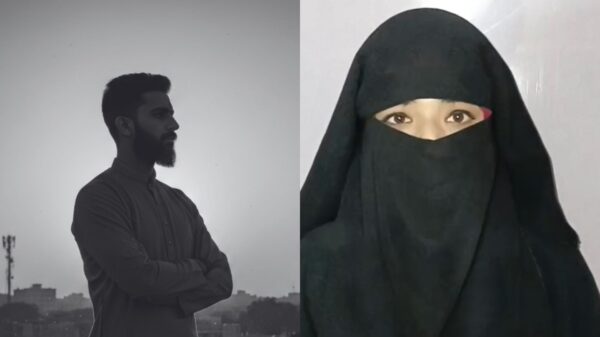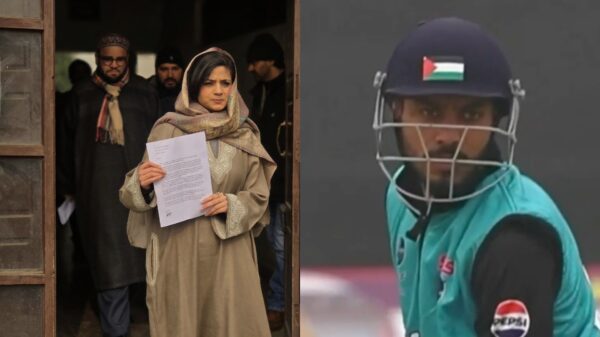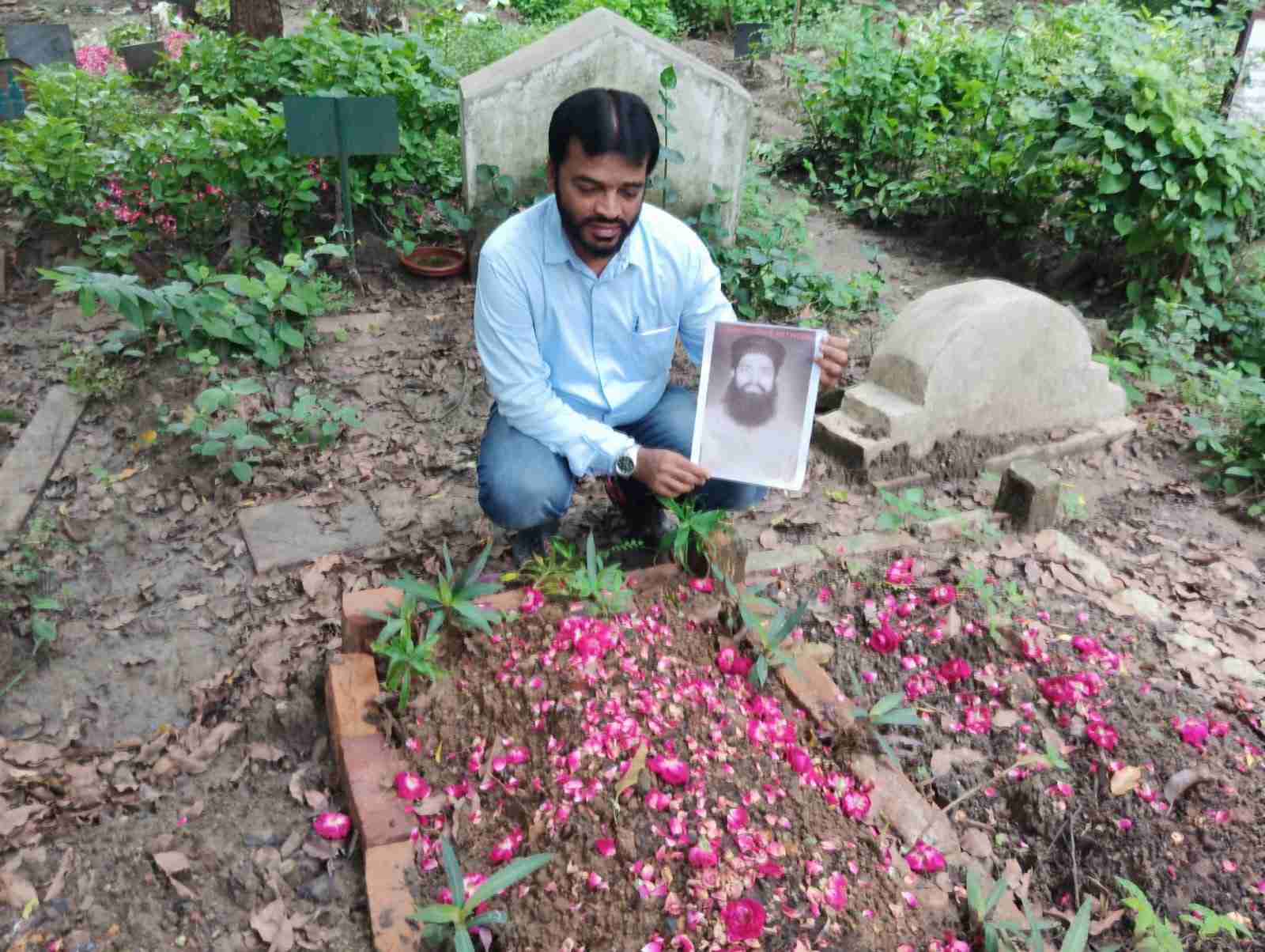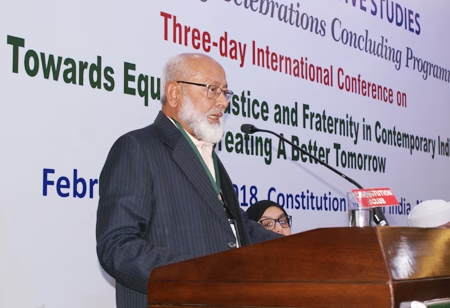Osama Rawal
At the Jaripatka Qabrastan in Nagpur, a small group gathered around a weathered grave that had caved inwards from incessant monsoon rains. It was a damp Sunday morning when Dr. Abdul Wahid Shaikh, the only man acquitted in the 2006 Mumbai train blasts case by the trial court in 2015 and now General Secretary of the Innocence Network, which campaigns for the wrongfully prosecuted under anti-terror laws, stood solemnly by the grave.
Alongside him was Qari Maulana Mohammad Sabir, Nagpur president of the Jamiat-e-Ulema Hind, an organization which had provided legal aid to the accused in the 7/11 case from the trial court up to the Supreme Court, spending crores of rupees in the process, as well as Kamal’s younger brother, Jamal Ansari. Together, they prayed for the soul of Kamal Ahmed Vakil Ansari, read aloud a section of the Bombay High Court’s July 2025 judgment that acquitted him of all charges, and spoke to him at his resting place, “telling him that the truth he had maintained all his life had finally been affirmed by the court.”
He had died four years earlier, in 2021, inside Nagpur Central Jail at the height of the COVID-19 pandemic. He was one of the 12 men convicted by a Special Maharashtra Control of Organised Crime Act (MCOCA) Court in 2015 for the train blasts, accused of planting a bomb in the Virar fast local by allegedly placing a large black rexine bag filled with explosives on the luggage rack. According to the Anti-Terrorism Squad (ATS), a search of his home in Basopatti, Bihar, led to the recovery of 500 grams of black powder later declared by the Forensic Science Laboratory to contain 85 percent RDX and 15 percent charcoal. On this basis, he was awarded the death sentence.
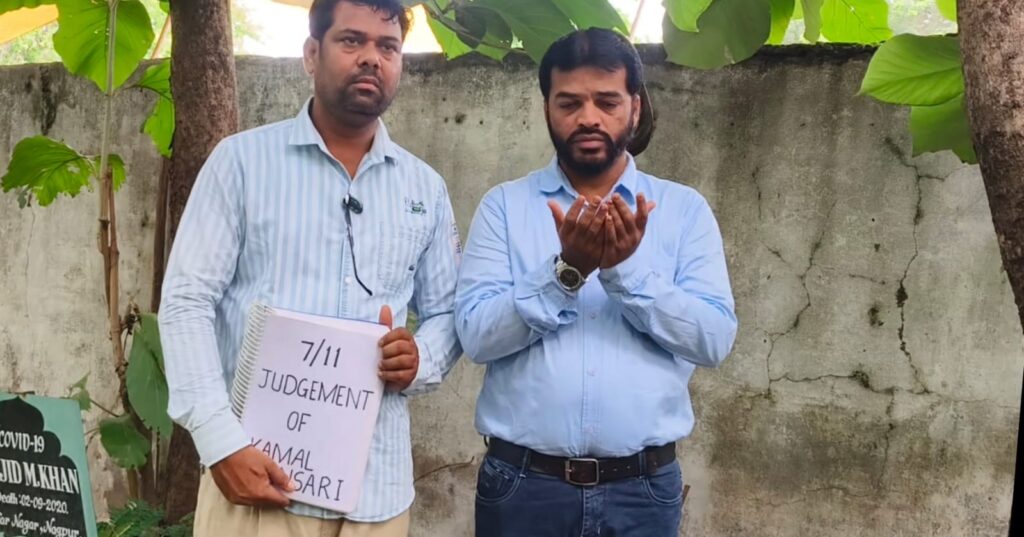
In its sweeping judgment of July 2025, the Bombay High Court acquitted all twelve men convicted in the 7/11 Mumbai train blasts case. The court dismantled the prosecution’s case, highlighting contradictions, lapses in procedure, and reliance on unreliable evidence. It noted that confessional statements appeared coerced, eyewitness accounts were inconsistent, and forensic evidence was either fabricated or improperly handled. In the court’s view, the prosecution had “utterly failed” to prove guilt beyond reasonable doubt, making the convictions unsustainable.
Paragraph 1486 of the judgment, read aloud at the grave, stated unequivocally that Kamal was not guilty of the charges levelled against him.
Kamal Ansari was not the militant that the ATS alleged him to be. He was a poor daily-wage worker from Madhubani, Bihar, who ran a small chicken shop and sold vegetables to feed his wife and five children. His ordinary, hand-to-mouth existence was shattered the day the ATS picked him up and branded him a terrorist.
For 16 years, Kamal remained behind bars. His family back in Bihar bore the stigma of being “terrorist’s kin,” ostracized by neighbors and pushed further into poverty. His children grew up without a father, his wife raising their kids on her own.
The scene at Jaripatka was saddening. The High Court’s vindication arrived, but the man it absolved was already six feet under, reduced to dust.
“His life was stolen,” said Shaikh. “The judgment clears his name, but it cannot return the years he lost, nor the humiliation his family endured. It is a hollow victory.”
For Shaikh, the act of reading the judgment at Kamal’s grave was both spiritual and political. As a Muslim, he believed the soul could hear the truth it had always maintained. As an activist, he wanted to publicly reclaim Kamal’s dignity, to remind the state that no amount of belated justice can wash away the blood on its hands.
The 7/11 Mumbai train blasts case has long been mired in controversy. Initial investigations pointed in multiple directions — SIMI, Lashkar-e-Toiba, even Hindu extremist groups — but the ATS ultimately pursued young Muslim men from poor families, building its case on confessions extracted under torture and dubious recoveries of explosives.
Kamal’s case was emblematic of this machinery. The alleged recovery of RDX from his home was riddled with inconsistencies. The judgment relied heavily on the testimonies of the stock witnesses, and no independent evidence corroborated the ATS’s claims. Yet the trial court in 2015 convicted him and 11 others.
“It took a decade for the Bombay High Court to unravel the case and expose its flaws. But for him, by then, it was too late,” said Shaikh.
His younger brother, Jamal Ansari, who travelled from Delhi for the prayers, said, “He was never in Mumbai when the blasts happened. He was in Nepal that day. We kept telling the courts, but nobody listened. He spent 16 years in jail, and he died there, without ever being absolved of the charges. What justice is this?”
His mother also joined the gathering via video conferencing. Due to her age and poor health, she could not attend in person. From her home, she blessed her son, prayed for his forgiveness, and broke down in tears as she spoke of the long years of injustice he endured and the fact that as justice was delayed it was eventually denied to her son.
“His story is not an isolated miscarriage of justice. Over the past two decades, dozens of Muslim men have been arrested, charged under anti-terror laws, and left to languish in prison for years before being acquitted. Some, like Kamal, never live to see their innocence recognised,” remarked an activist from the Network.
The delegation raised their hands and prayed for his forgiveness, Salutations on the Prophet were recited at the grave, along with the four Qul from the Qur’an. Speaking about him, Shaikh said, “For us, he is a Shaheed( Martyr).” He recalled the Qur’anic verse: “Never say of those martyred in the cause of Allah that they are dead; in fact, they are alive, but you do not perceive it” (Qur’an 2:154), framing Kamal’s memory in both reverence and martyrdom. The prayers concluded quietly, and the gathering slowly dispersed.
His acquittal, delivered posthumously, is a reminder of the cruelty of delayed justice. It is also a reminder that behind every sensational terror case lies a human story , of families broken, lives ruined, and truths buried too deep to resurrect.
For his family, his community, and the activists who continue to fight for the wrongfully accused, Kamal will remain more than an accused. In his case, justice was delivered only after the man had passed away. The court’s verdict cleared his name, but it came years too late, when he was no longer alive to see what justice actually meant.
Speaking to this reporter, Shaikh said,“We (Innocence Network) will continue to document wrongful prosecutions and false cases against Muslim youth. We will keep exposing how the state fabricates cases, and we will continue to fight for the release of innocent prisoners and commemorate them.”







